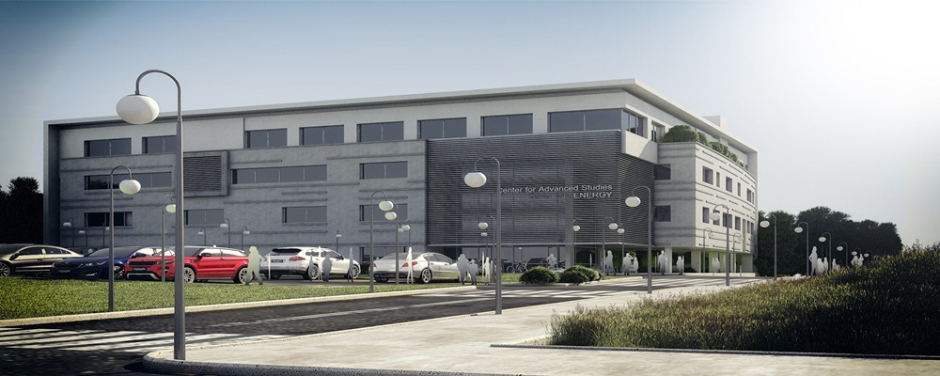The United States Agency for International Development (USAID) in collaboration with HEC has launched a US-Pakistan Center for Advanced Studies in Energy at NUST as per US–Pakistan Center for Advanced Studies in Energy program (USPCAS-E).
The Work on USPCAS-E has been in progress for quite some time now. USAID brought together two Pakistani universities with the Arizona State University (ASU) for work on growing energy challenges and finding industry-focused research oriented solutions.
For the work on development, and deployment of USPCAS-E at NUST, Akif Zia Khan, a faculty member from NUST, flew to ASU in January this year for discussion on curriculum to be adopted, lab equipment, and the type of applied research projects with senior faculty at the Power Systems Research Center (PSERC).
Dr Naseem Iqbal, another faculty to flew to ASU for the same project, asserted the significance of USPCAS-E and said, “These research projects will address some of the most pressing energy concerns facing Pakistan today. Faculty and students at NUST are geared to undertake projects for efficient energy storage and electrochemical reduction of CO2, converting it into useful chemicals for an improved environment”.
USPCAS-E at NUST also has a Smart Grids Laboratory which will allow researchers to do advanced stimulation-based work on Electric Power Grid. Industries would also be allowed to use these facilities.
UET Peshawar recently received a grant of $20 million for research under the same project while 20 students from Mehran UET proceeded to the US for research on water sustainability under the US-Pakistan Center for Advanced Studies in Water (USPCAS-W).
USAID is bridging the gap between American and Pakistani universities to lead research on areas like energy, water, agriculture, and water through USPCAS research facilities. USPCAS-E corresponds to the USPCAS’s work in energy. USAID is funding about $127 million and is acting as a moderator between four Pakistani universities and three US universities.












